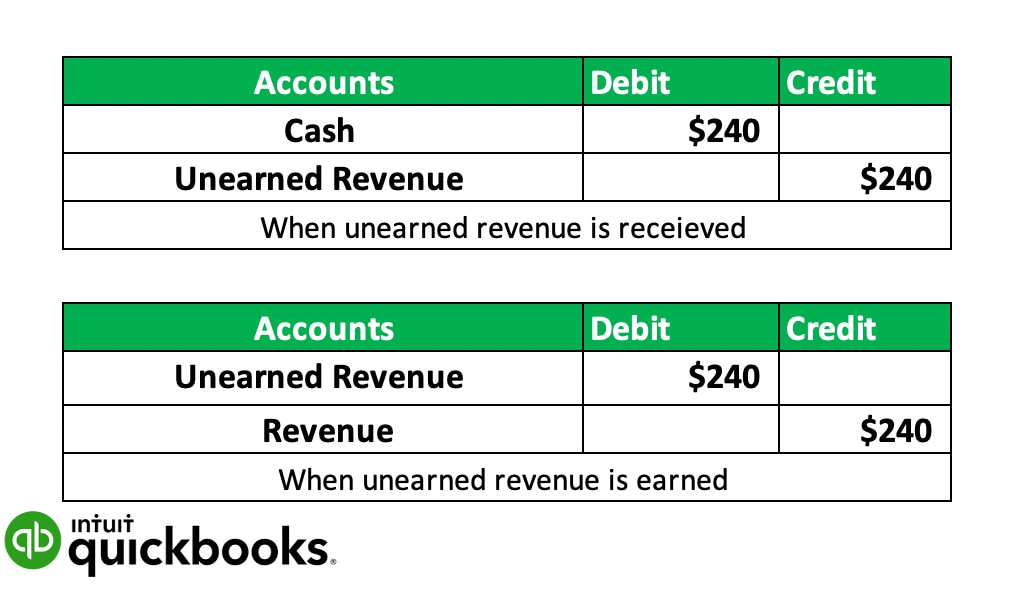Are Unearned Revenues Reported On A Balance Sheet - Unearned revenue is classified as a liability on the balance sheet, representing the company’s obligation to deliver goods or. Unearned revenue is reported on the balance sheet, not the income statement. It is classified as a liability because the company. Unearned revenue appears as a liability on the balance sheet until the associated goods or services are delivered.
Unearned revenue appears as a liability on the balance sheet until the associated goods or services are delivered. Unearned revenue is classified as a liability on the balance sheet, representing the company’s obligation to deliver goods or. It is classified as a liability because the company. Unearned revenue is reported on the balance sheet, not the income statement.
Unearned revenue appears as a liability on the balance sheet until the associated goods or services are delivered. Unearned revenue is reported on the balance sheet, not the income statement. Unearned revenue is classified as a liability on the balance sheet, representing the company’s obligation to deliver goods or. It is classified as a liability because the company.
Unearned Revenue Definition, How To Record, Example
It is classified as a liability because the company. Unearned revenue appears as a liability on the balance sheet until the associated goods or services are delivered. Unearned revenue is reported on the balance sheet, not the income statement. Unearned revenue is classified as a liability on the balance sheet, representing the company’s obligation to deliver goods or.
Unearned Revenue Balance Sheet Ppt Powerpoint Presentation Professional
Unearned revenue appears as a liability on the balance sheet until the associated goods or services are delivered. It is classified as a liability because the company. Unearned revenue is classified as a liability on the balance sheet, representing the company’s obligation to deliver goods or. Unearned revenue is reported on the balance sheet, not the income statement.
What are Accounts Receivable and Accounts Payable?
Unearned revenue is reported on the balance sheet, not the income statement. Unearned revenue appears as a liability on the balance sheet until the associated goods or services are delivered. It is classified as a liability because the company. Unearned revenue is classified as a liability on the balance sheet, representing the company’s obligation to deliver goods or.
What Is Unearned Revenue? QuickBooks Global
It is classified as a liability because the company. Unearned revenue is reported on the balance sheet, not the income statement. Unearned revenue is classified as a liability on the balance sheet, representing the company’s obligation to deliver goods or. Unearned revenue appears as a liability on the balance sheet until the associated goods or services are delivered.
PPT Adjusting Entries Prepayments PowerPoint Presentation, free
It is classified as a liability because the company. Unearned revenue is classified as a liability on the balance sheet, representing the company’s obligation to deliver goods or. Unearned revenue is reported on the balance sheet, not the income statement. Unearned revenue appears as a liability on the balance sheet until the associated goods or services are delivered.
Unearned Revenue Accounting Corner
It is classified as a liability because the company. Unearned revenue is reported on the balance sheet, not the income statement. Unearned revenue is classified as a liability on the balance sheet, representing the company’s obligation to deliver goods or. Unearned revenue appears as a liability on the balance sheet until the associated goods or services are delivered.
Unearned Revenue Definition
Unearned revenue is reported on the balance sheet, not the income statement. It is classified as a liability because the company. Unearned revenue appears as a liability on the balance sheet until the associated goods or services are delivered. Unearned revenue is classified as a liability on the balance sheet, representing the company’s obligation to deliver goods or.
Solved Unearned revenue is reported in the financial
Unearned revenue is classified as a liability on the balance sheet, representing the company’s obligation to deliver goods or. It is classified as a liability because the company. Unearned revenue is reported on the balance sheet, not the income statement. Unearned revenue appears as a liability on the balance sheet until the associated goods or services are delivered.
[SOLVED] Following is the unadjusted trial balance for Course Eagle
Unearned revenue is classified as a liability on the balance sheet, representing the company’s obligation to deliver goods or. Unearned revenue is reported on the balance sheet, not the income statement. It is classified as a liability because the company. Unearned revenue appears as a liability on the balance sheet until the associated goods or services are delivered.
What Is Unearned Revenue? QuickBooks Global
It is classified as a liability because the company. Unearned revenue appears as a liability on the balance sheet until the associated goods or services are delivered. Unearned revenue is classified as a liability on the balance sheet, representing the company’s obligation to deliver goods or. Unearned revenue is reported on the balance sheet, not the income statement.
It Is Classified As A Liability Because The Company.
Unearned revenue appears as a liability on the balance sheet until the associated goods or services are delivered. Unearned revenue is reported on the balance sheet, not the income statement. Unearned revenue is classified as a liability on the balance sheet, representing the company’s obligation to deliver goods or.
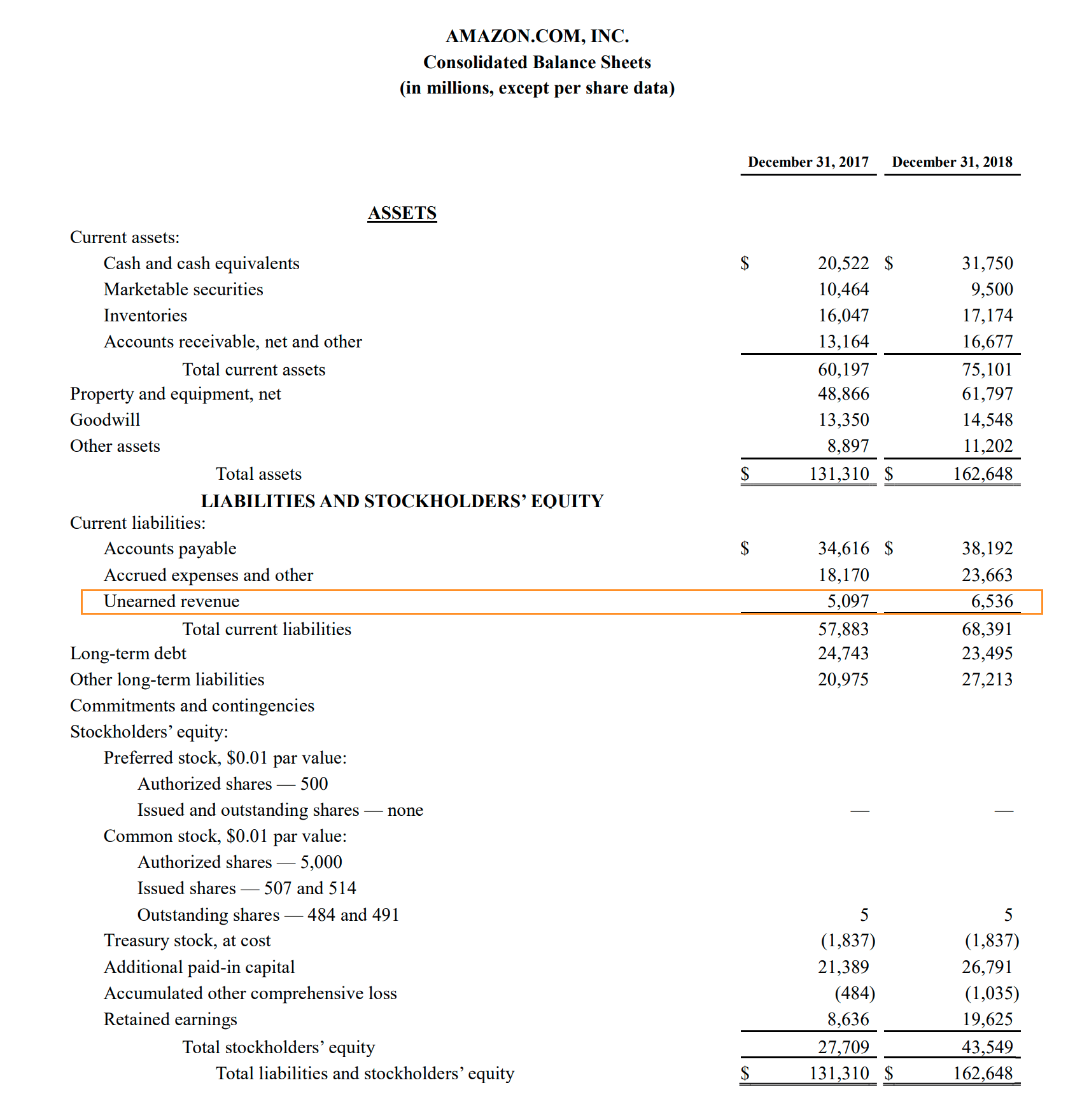
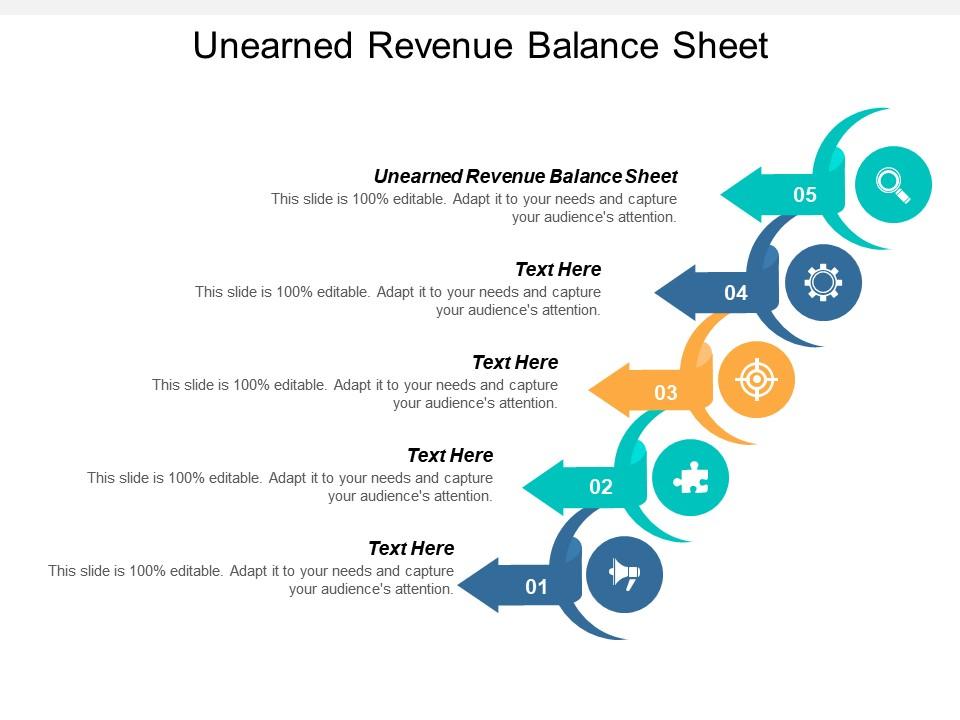
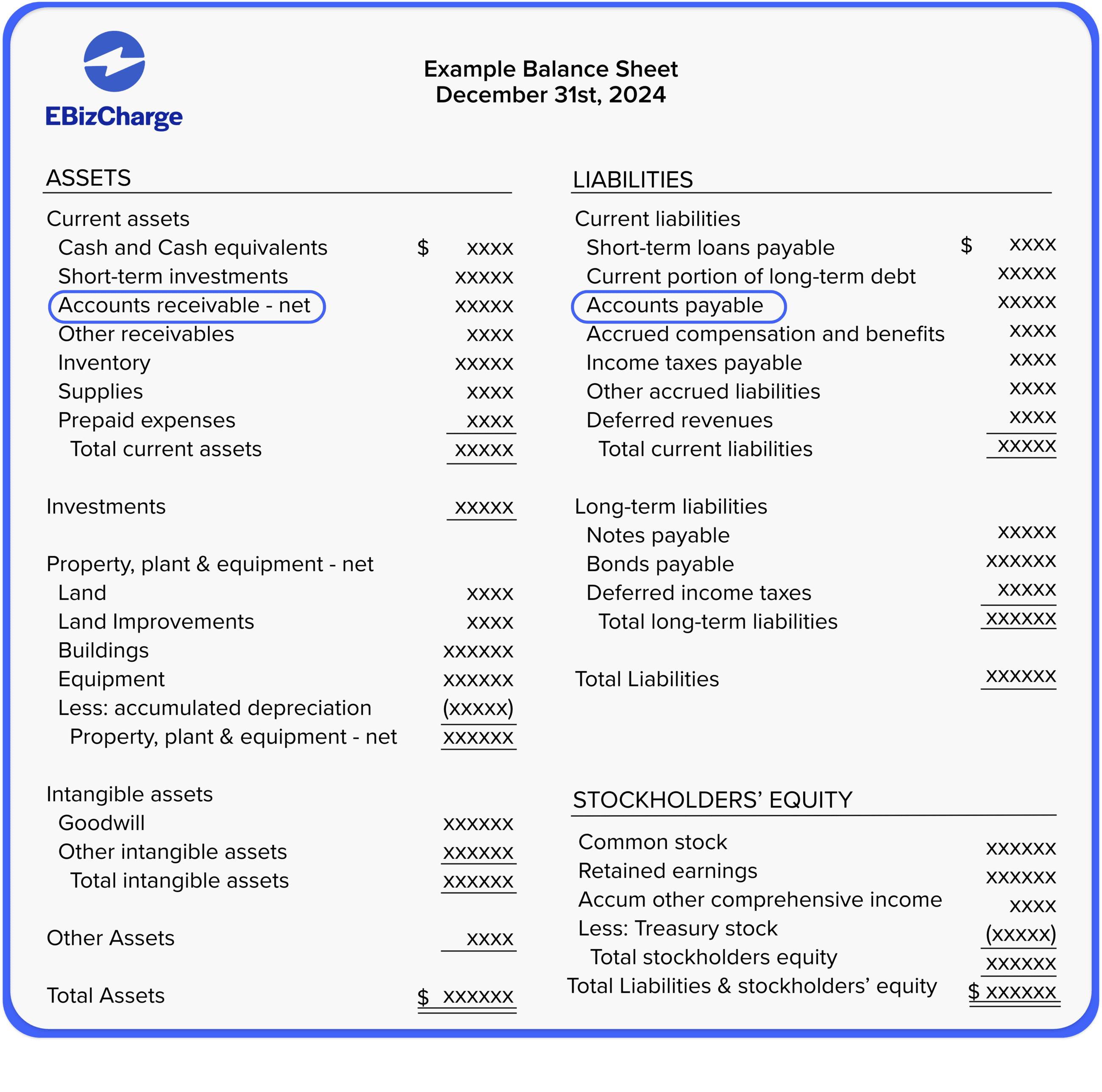
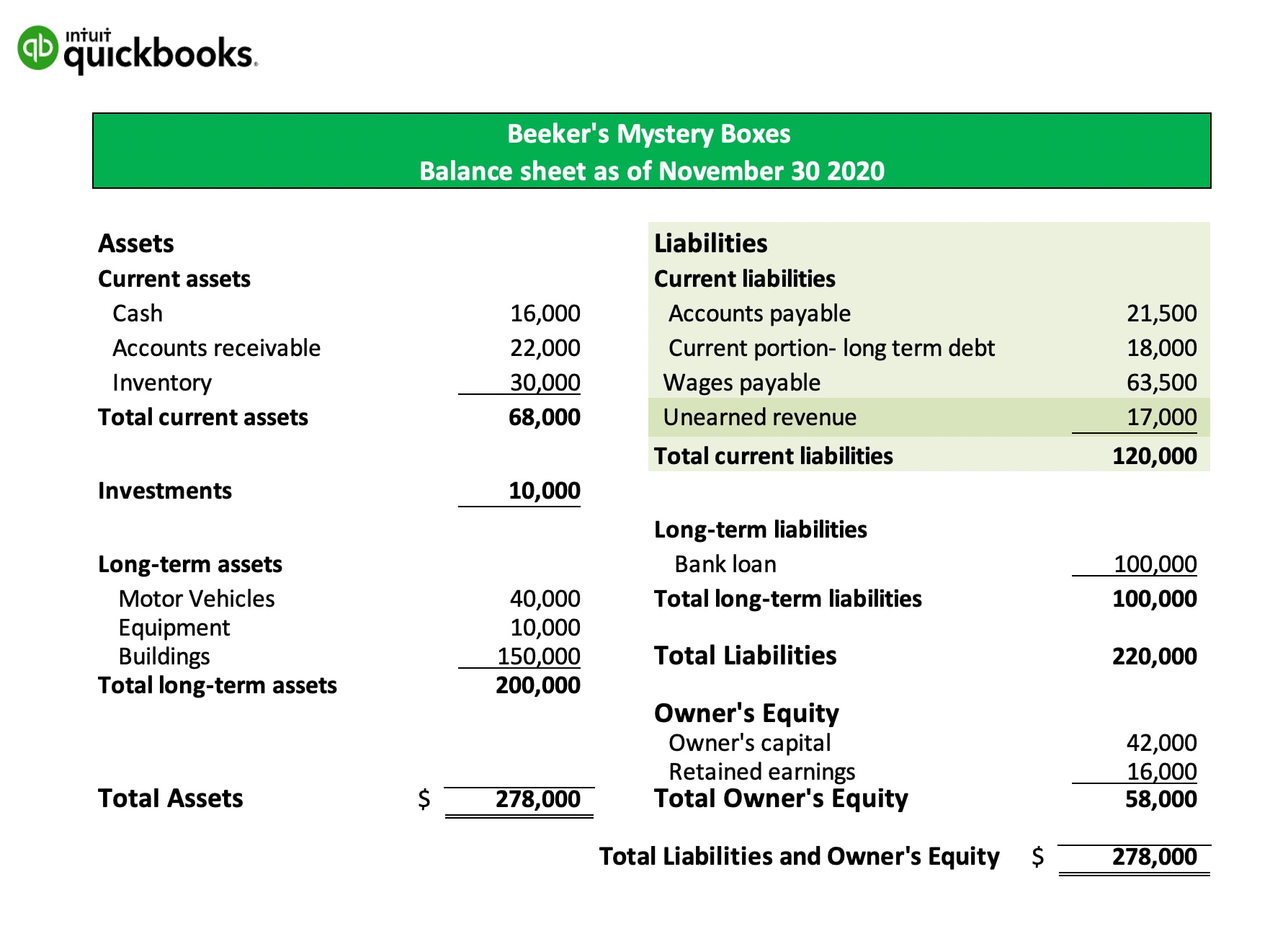
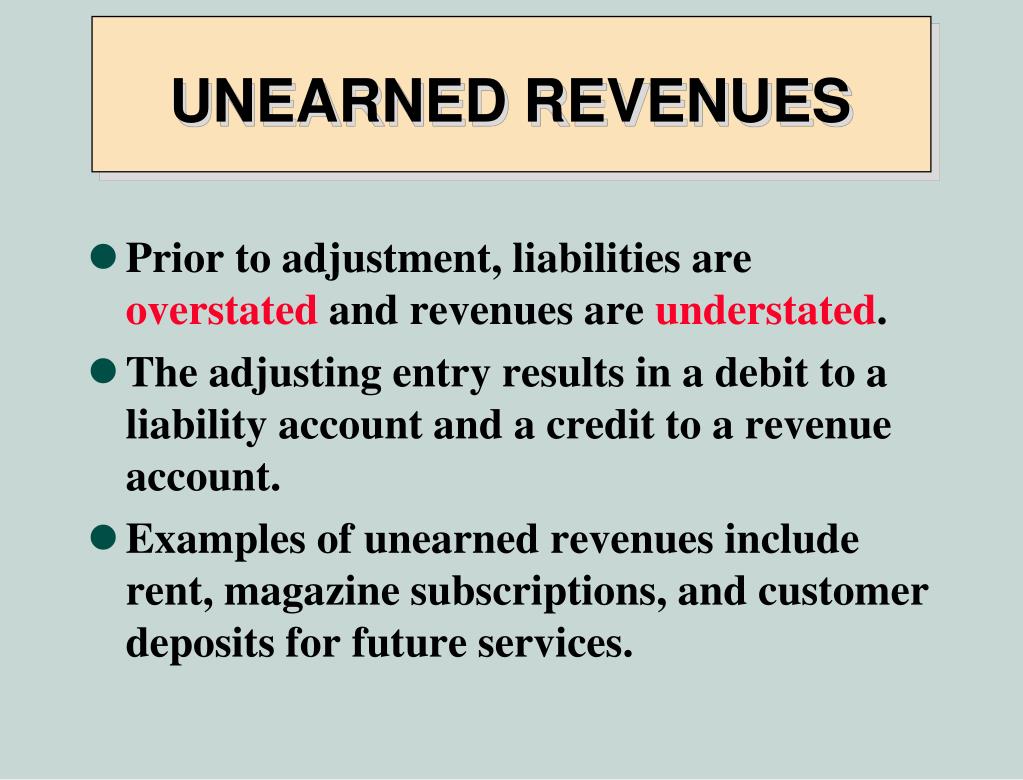
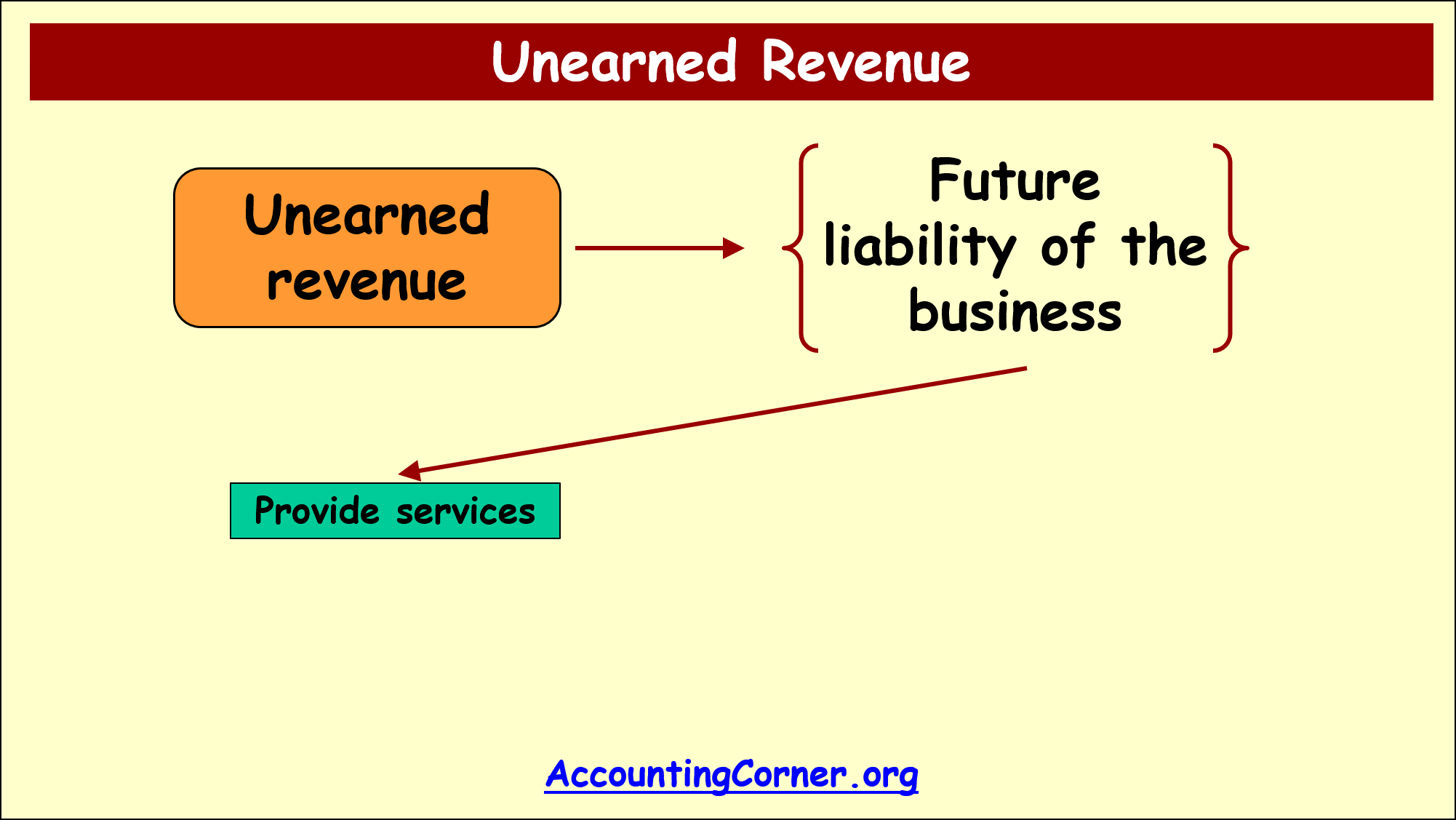
:max_bytes(150000):strip_icc()/ScreenShot2020-10-27at3.34.43PM-253260b7e64f402aa5b3951a5d781292.png)

![[SOLVED] Following is the unadjusted trial balance for Course Eagle](http://courseeagle.com/images/following-is-the-unadjusted-trial-balance-for-alonzo-institute-as-of-december-83165-1.jpg)
